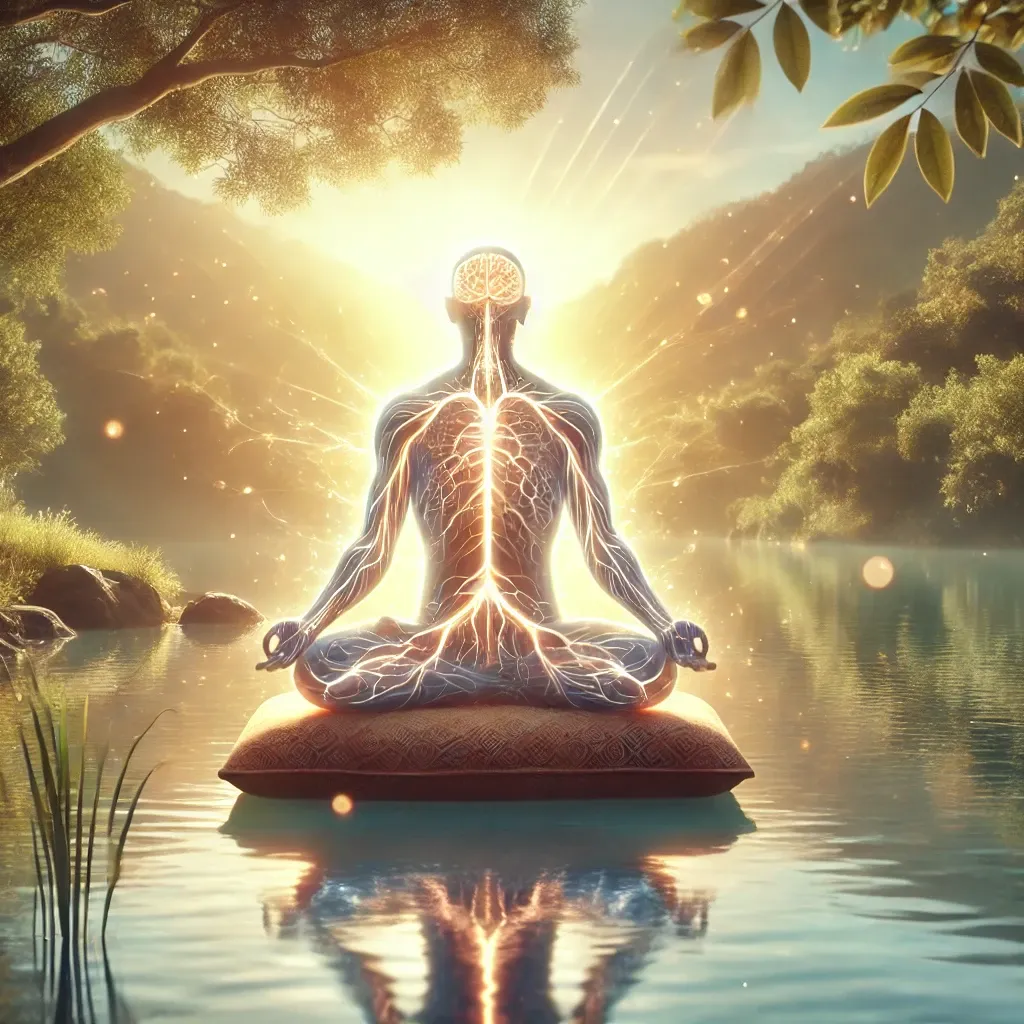In today’s fast-paced society, our minds are often overwhelmed by the demands of daily life. Meditation is commonly perceived as a practice to bring peace and clarity to the mind, allowing us to connect with deeper aspects of our existence. However, one essential aspect that is often overlooked is the state of our body, particularly the nervous system. Relaxing the nervous system is not just a preliminary step in meditation; it is fundamental for unlocking the profound states of awareness and tranquility that meditation promises. Drawing from personal experiences and teachings, we will delve into why this is crucial and how it can enhance the meditative experience.
To begin the journey of calming the nervous system, we must first focus on our breath. Breathwork techniques such as deep diaphragmatic breathing or counting breaths can help anchor the mind and soothe the body. By consciously slowing down our breath, we signal to the brain that everything is alright, allowing it to shift out of survival mode. This simple practice can have profound effects, helping us feel more at ease in our own bodies, which is essential for any meditation practice.
Creating a safe and comforting space for meditation is also crucial. Just as our external environment should be peaceful, our internal environment should feel safe and secure. When the nervous system is calm, it signals to the mind that it is safe to let go of hypervigilance. This internal sense of safety is vital for exploring our thoughts and emotions without fear or resistance. Meditation then becomes a sanctuary, a place where we can approach our inner landscapes with gentleness and curiosity, embracing reality from a place of calm and centeredness.
At the core of our stress responses lies the autonomic nervous system, which consists of the sympathetic (fight or flight) and parasympathetic (rest and digest) systems. When stress overwhelms us, our bodies remain in a heightened state of alertness, making it challenging to enter a meditative state. Relaxing the nervous system is essential for activating the parasympathetic system, which induces the ‘relaxation response’ and grounds us in the present moment in a relaxed manner. This shift is not just about feeling good; it creates a fertile ground for mindfulness, loving-kindness, and ultimately the pure stillness of non-dual awareness.
Modern trauma theory has highlighted the significance of techniques like humming or chanting “Om” in influencing the nervous system. These practices stimulate the vagus nerve, promoting relaxation and connection. By integrating these ancient techniques with cutting-edge science, we can enhance our meditation practice and honor tradition while exploring new frontiers of awareness.
Relaxing the nervous system is not limited to the meditation cushion; it is a skill that can be cultivated throughout daily life. Simple practices like taking mindful breaths during stressful moments, gentle stretching, or practicing gratitude can help maintain a balanced nervous system. In our fast-paced culture, these small acts of self-care are revolutionary, reminding us that meditation is not an escape from life but a way to fully embrace it with joy and presence.
In conclusion, the journey of meditation is deeply personal and transformative. Without a relaxed nervous system, many of its profound benefits remain out of reach. By prioritizing the relaxation of our nervous system, we can experience more profound meditative states and improve our overall well-being. Relaxation is not just the absence of tension; it is the presence of peace. From this peace, the true journey of meditation begins.
Chad Foreman, founder of The Way of Meditation, has been teaching meditation for over twenty years, bringing authentic practices into the lives of millions. Through meditation retreats, online coaching, and programs like The 21 Day Meditation Challenge and Breath-work, Chad continues to guide people towards profound states of awareness. By prioritizing the relaxation of our nervous system, we can unlock the full potential of our spiritual journey.

